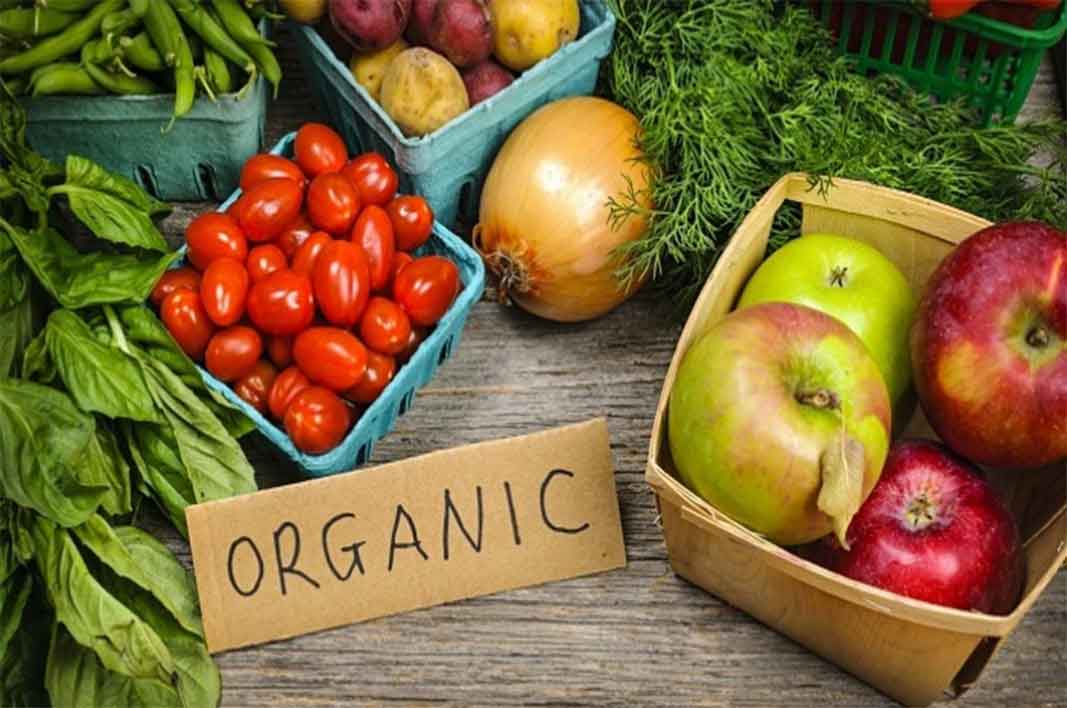
Few things are as satisfying as getting your hands into the earth, planting and nurturing and harvesting the fruits of your labors. Adding to the knowledge that you have used the best possible practices to grow healthy food redoubles your satisfaction. Here are some tips on organic gardening to help you grow a harvest that will bring health to you and your family.
If you want to grow vegetables, but do not have the room, consider planting vegetables that grow on a vine. Vegetables like squash, melons, and tomatoes can be trained to grow up along a trellis or fence. You can make use of vertical space to get the vegetable garden that you want.
Aspirin water has disease-prevention properties that can protect plants. One and one half aspirin crushed and added to a two gallon container of water will be a great help for your plants. Next, coat the plant with the aspirin mixture by spraying it on the leaves. Give your plants a spray of the aspirin-water mixture about one time every three weeks.
Plant your own seeds to guarantee organic produce. Sowing your own vegetable seeds gives you the comfort and assurance that your produce has been grown organically from seed to table. Choose plants that are easy to germinate such as broccoli, cabbage, basil and tomatoes. Find out the best time of the year to sprout your chosen produce.
It is important to rotate your organic plants regularly when you are attempting to grow an indoor garden. Plants bend toward wherever a light source is. If you do not rotate your plants there is a good chance that they will all bend toward one side which will limit the amount of vegetables that grow on the plants.
Organic
If you have a young baby, consider wearing your child in a backpack while you garden. Being outdoors is a great stimulating experience for an infant, plus they get to spend more time with you. Organic gardening is safest for baby, as there is no risk of them encountering harsh or dangerous chemicals while you work.
If you have problem slugs in your organic garden, get rid of them naturally with a beer trap. Bury a jar in the garden with it’s mouth open and level to the ground. Fill the jar with beer within one inch of the top. The beer will attract the slugs and they will be trapped in the jar.
When starting an organic garden, test the pH level of your soil. You need to know the pH level of your soil in order to choose the appropriate plants that will grow in it. For example, plants that favor an alkaline soil will not do well in acidic soil. Test kits can be purchased to test the pH level of your soil.
Vegetable
Be sure to test your soil before you plant your garden, if you want to be successful without the need for chemicals. A home testing kit can tell you the pH of your soil, which indicates the likelihood of plant survival. A vegetable garden requires a pH of about 6.5; if your soil is off, you can supplement before your plants start to die.
Marigold flowers are quite the powerhouse in an organic garden. As their flowers and leaves decay, the marigold releases chemicals that attract frogs, repel snakes and kill nematode pests that attack many vegetable plants, including tomatoes. Look for ways to let the bright yellow marigold bring brilliant color and decoration to your garden, as it goes to work to protect the health of your plants.
These tips should help you plan your organic garden. Follow the best advice and the hopes of spring will be fulfilled in autumn’s harvest–with delicious and nourishing meals for you and your family. Nourishing healthy soil, as shown in these tips, can be one of your best investments.
